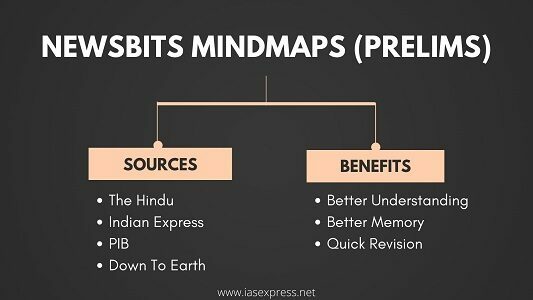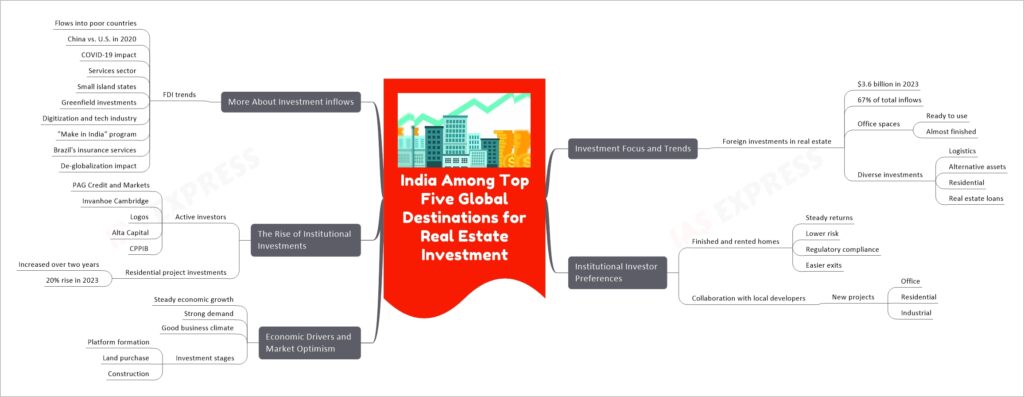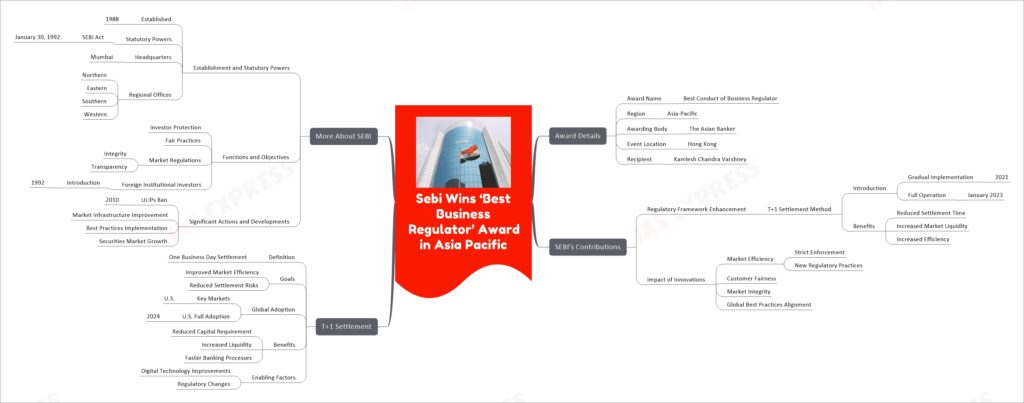[Newsbits] 7-10.06.2024: High Seas Biodiversity Treaty, TRISHNA Satellite & More


Han Purple is a synthetic pigment from ancient China, used extensively during the Qin and Han Dynasties for various artworks, including the Terracotta Warriors. Composed of barium copper silicate, it was produced by grinding and heating raw materials. Modern research has revealed its unique quantum properties, making it a subject of ongoing scientific interest. Han Purple symbolizes power and prosperity in Chinese culture and remains significant in both historical and modern contexts.

The High Seas Biodiversity Treaty aims to protect the vast, biodiverse areas of the ocean beyond national jurisdictions. Despite its approval in 2023 and signatures from 90 countries, only seven have ratified it, far from the 60 needed for enforcement. The treaty faces challenges like slow ratification and environmental issues such as unsustainable fishing and deep-sea mining. Advocacy from organizations like IUCN stresses the importance of global cooperation for effective ocean conservation.

Pakistan and the IMF are at an impasse over tax policy changes, particularly on income tax rates for salaried and non-salaried individuals, and a proposed 18% sales tax on essentials. The IMF suggests raising the top income tax rate to 45%, affecting both groups, while Pakistan prefers to keep it at 35% for salaried individuals. The government also resists the sales tax on essentials due to inflation concerns. Negotiations continue, with Pakistan under pressure to secure a new IMF loan to avoid default.

India has emerged as a top global destination for real estate investment, attracting $3.6 billion in foreign investments in 2023, primarily in office spaces. Institutional investors prefer finished and rented properties for steady returns and lower risk. Economic growth, strong demand, and a favorable business climate drive optimism. Active investors include PAG Credit and Markets, Invanhoe Cambridge, and others. The “Make in India” program and diverse investment opportunities further bolster India’s appeal.

SEBI was awarded the “Best Conduct of Business Regulator” in the Asia-Pacific region by The Asian Banker. This award, accepted by Kamlesh Chandra Varshney in Hong Kong, highlights SEBI’s role in enhancing the Indian stock market’s regulatory framework, notably through the T+1 settlement method. SEBI’s innovations have improved market efficiency, fairness, and integrity, aligning with global best practices. Established in 1988, SEBI gained statutory powers in 1992 and continues to protect investors and ensure market transparency.

Nvidia, a leading AI chipmaker, recently surpassed Apple with a market value of $3.019 trillion, driven by a 5.2% stock price increase. Nvidia’s stock has surged 147% this year, dominating the AI semiconductor market. The company plans to release the Rubin AI chip platform in 2026, following the powerful Blackwell chip. Nvidia’s 10-for-1 stock split aims to attract more investors. Founded in 1993, Nvidia has pioneered GPU technology and AI advancements.

Panama is relocating the Guna community from Gardi Sugdub due to rising sea levels caused by climate change. The island faces severe flooding, saltwater intrusion, and erosion. The government plans to move 300 families to Carti Sugtupu, costing $1.2 billion. This relocation disrupts the Guna’s cultural and economic ties to the sea. Adaptation strategies include sea walls, floating towns, and global cooperation under the Paris Agreement.

The Haryana government has removed the age cap on the “Mukhyamantri Kisan Evam Khetihar Mazdoor Jeevan Suraksha Yojana,” allowing all ages to receive financial aid in case of death or disability while operating agricultural machinery. This change, led by Chief Minister Nayab Singh Saini, aims to expand the safety net for all agricultural workers. The scheme provides compensation ranging from Rs 37,500 to Rs 5 lakh.

The Bonn Climate Change Conference, starting on June 3, 2024, is crucial for setting a new climate finance goal at COP 29 in Baku. Key discussions include the New Collective Quantified Goal (NCQG), highlighting differences between developed and developing countries. Technical Expert Dialogues focused on goals, transparency, and organization, while the Enhanced Transparency Framework (ETF) emphasized clear reporting guidelines to ensure accountability and avoid confusion.

The TRISHNA mission, a collaboration between ISRO and CNES, aims to monitor Earth’s surface temperature and water management. Set to launch in 2026, it will operate from a sun-synchronous orbit at 761 km altitude for five years. The mission’s primary goals include monitoring energy and water budgets, measuring water stress, and assessing water quality. Secondary goals involve detecting temperature anomalies and monitoring glacier dynamics. TRISHNA’s data will support global projects like Global Water Watch and GEOGLAM, aiding in environmental and crop management planning.

Giant viruses found on Arctic ice, led by Laura Perini from Aarhus University, can eat algae, potentially slowing ice melting. These viruses, discovered through DNA and mRNA analysis from various Arctic samples, are alive and interact with algae. Their complex genes enable advanced biological functions, highlighting significant growth in virology and environmental science.
